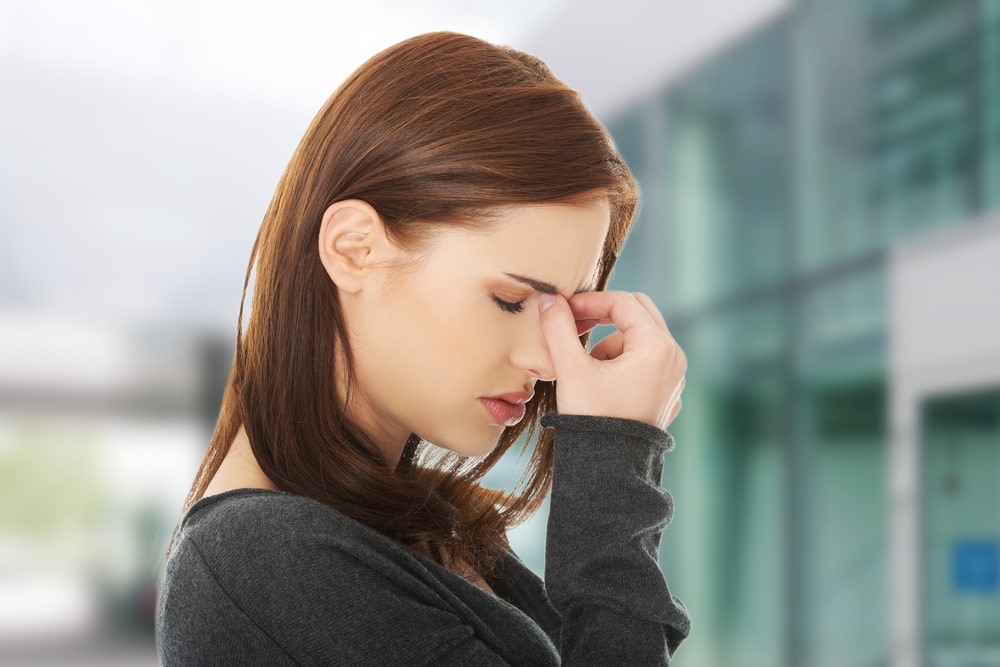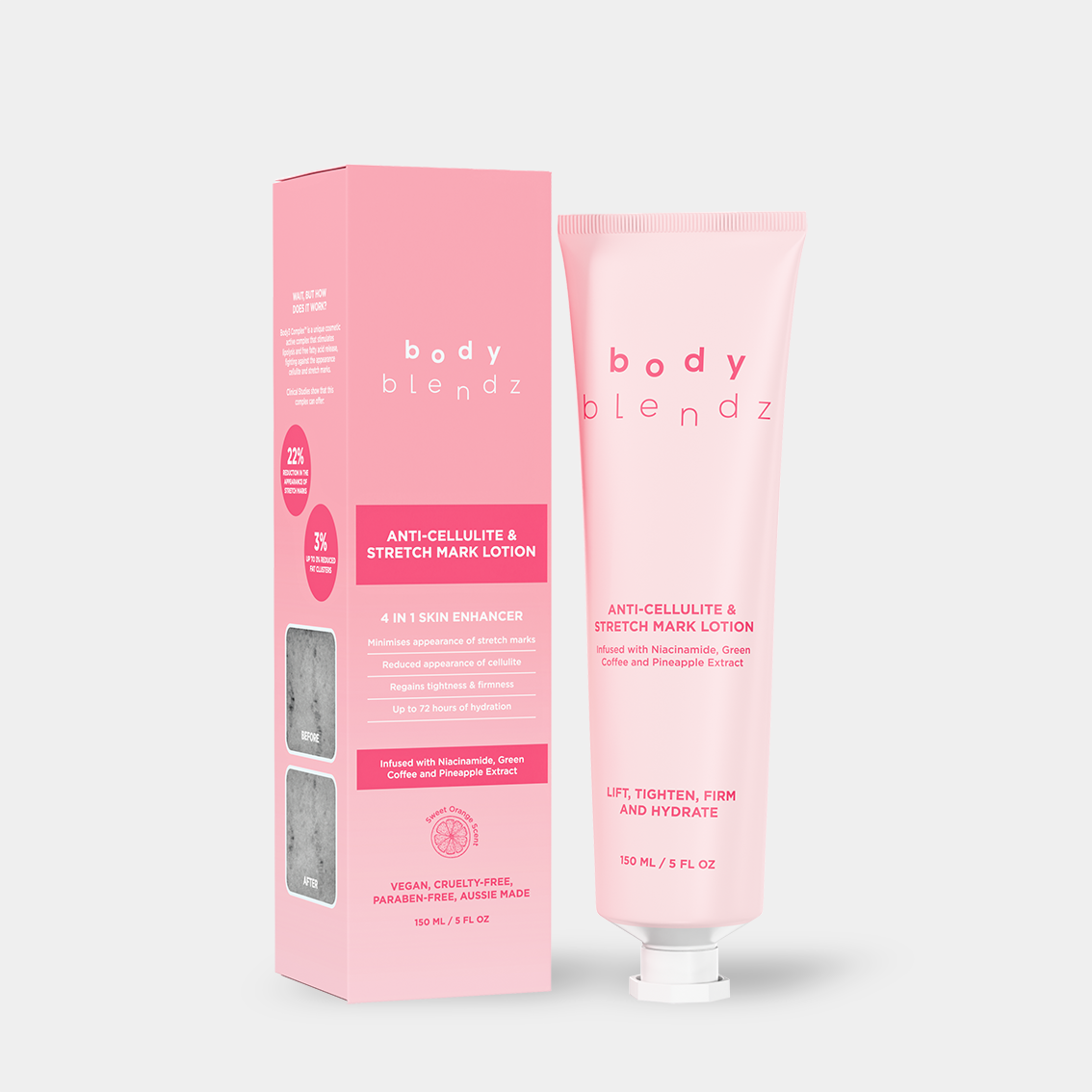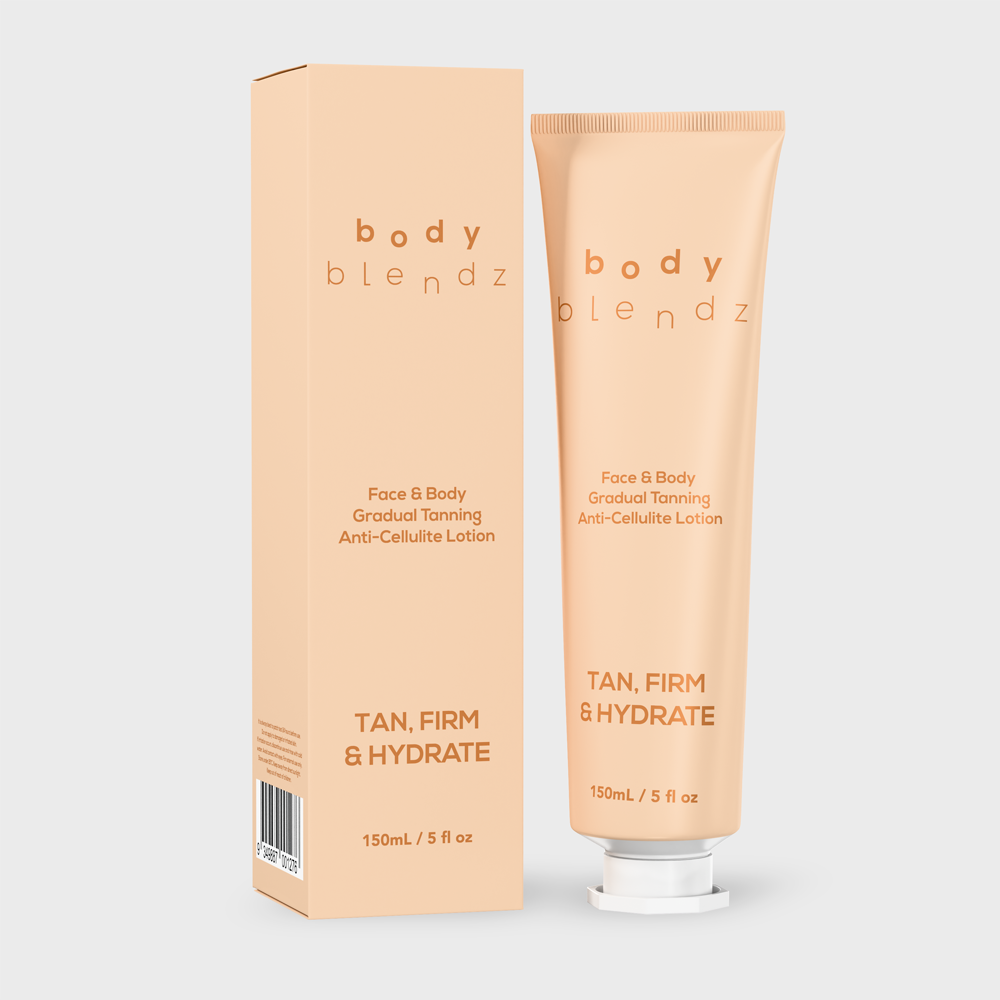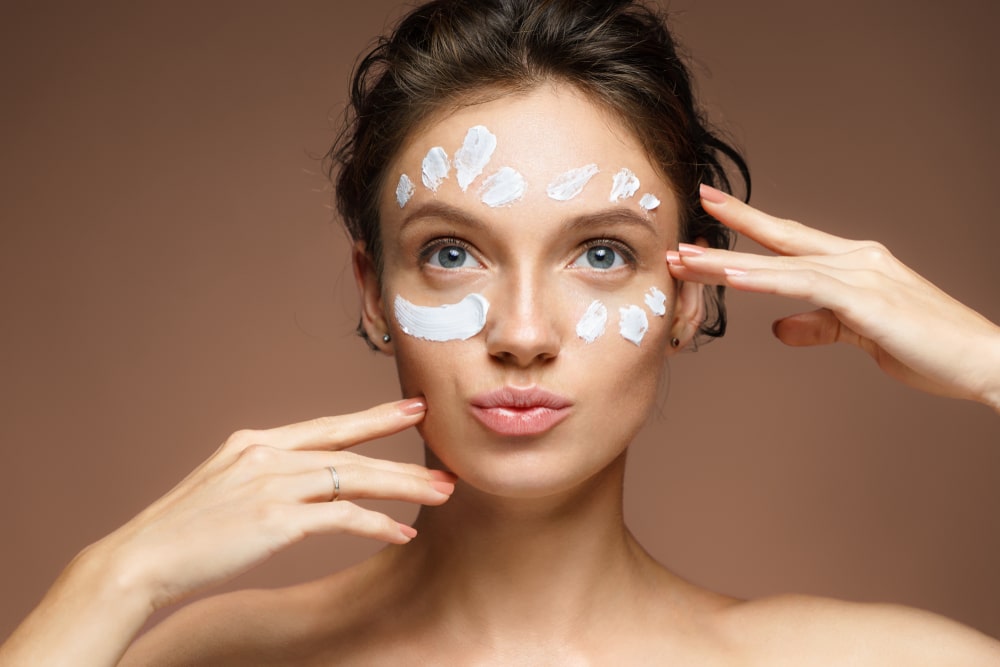Ways Stress Impacts Your Skin

Stress can cause you to appear considerably older than your age. You’ve heard that line countless times, no doubt. A build-up of stress, which, in addition to affecting your health, can leave a mark on your skin by making it appear dull, dehydrated, patchy, and even damaged. In other words, stress and anxiety can make their presence known on your skin.
With today’s work and home pressures coupled with the uncertainty and worries of living alongside a pandemic, we are no strangers to stress. It’s easy to see the signs of stress, be it being irritable towards the people around you, having a short attention span, or even frequently munching something. But the long-term effects of stress on our health and our faces can slowly creep up and present compounding ailments.
Stress Hormone
When stressed, a variety of things happen to our skin, and predictably, none of them are pleasant. Our nervous system responds by generating a rush of stress hormones. The most egregious of which is cortisol, which causes the skin's sebaceous glands to produce more oil and accelerates the aging process of our skin by depleting collagen and elastin.
High levels of cortisol in your system can have both moderate and chronic health consequences. Your skin becomes more sensitive, reactive, and prone to acne or inflammation as a result of this inflow of stress chemicals. Hives and skin reactions caused by stress can be different from your typical acne flare-up.
Our immune system engages in combat as well, releasing substances such as interleukins, which, in an erroneous attempt to preserve our health, cause inflammation.
Stressed Skin Symptoms
It is essential to monitor your stress levels and not let them negatively impact your overall health and the appearance of your skin. Stress can cause a variety of skin issues depending on your skin type and skin tendencies, and here are some tips for dealing with them.
Breakouts
If you have oily or combination skin and you notice that your skin is breaking out more than normal, this could be an indication of stress. Stress causes our skin to produce sebum, a natural oil that when combined with dead skin cells and germs block pores, resulting in acne and other skin problems.
Skin care products can help you keep your breakouts under control, but you should also think about ways to reduce stress.
When your stress levels are revved way up, this does not only cause excess oil, it can also lead to unhealthy habits like furrowing, and skin picking. Stress can lead to overindulging in sweets, pasta, and other pore-clogging, inflammation-triggering foods.
Dullness and dryness
Another indicator of stress that comes one with the other is the dryness and dullness of the skin.
Stress reduces the amount of blood flowing to your skin, resulting in a reduction in the total amount of oxygen available and impeding the delivery of nutrients to the skin. When the skin is depleted of nutrients, it appears weary and dull.
People with dry skin tend to have even drier skin when living under prolonged stress. When you have a lot of stress on your mind, you tend to compromise on good living practices; you can sleep less, skip a balanced diet, and even drink less water. As a result, the skin becomes dry and lackluster.
Regular exfoliation greatly helps remove dull dead skin, improve circulation and allow ready penetration for serums and creams.
Rashes
One of the many impacts of stress on the skin is the development of a chronic rash. It is possible to get stress-induced skin rashes as a result of increased body heat. Itchy skin rashes caused by stress something have to do with your immune system. Having a chronically stressful life damages your immune system.
A compromised immune system causes an imbalance in your system that can result in redness, heat boils, and skin rashes.
Because of this, many other long-term skin conditions, such as contact dermatitis and eczematous skin, have also been found to be linked to stress-induced rashes.

Tired eyes
Lack of sleep, and frequent squinting and frowning, stress produces dreary panda-eyes with lines and wrinkles all around the eye area.
When you don't get enough sleep, fluid builds up under your lower eyelids, making your eyes appear puffy and exhausted. The puffiness worsens if you sleep on your stomach.
Redness
When your body senses some kind of danger, it does not discriminate. The source of the ‘danger’ can be a lion hard on your heels or a half-done project with a looming deadline. An increase in stress levels may cause your body to respond with a "fight or flight" response, releasing stress hormones into the bloodstream.
As previously stated, the stress hormone cortisol is a hormone that encourages inflammation. Therefore, stress can cause patches of redness that may or may not be itchy, in the form of acne and other irritations.
Moreover, as the capillaries widen, your heart thumps faster, causing flushing in the face, which may lead to rosacea.

Less stress, happier skin
In the midst of being stressed out of your eyeballs or in the depths of an anxiety spiral, the most irritating advice you can receive is to "stress less" or "just chill a bit." It's especially aggravating when you're juggling multiple roles and trying to succeed in all of them.
Though you can’t wave a magic wand to make your stress instantly go away, you can help your body to decrease its production of cortisol.
Being more mindful, practicing meditation, deep breathing and doing all the good things for your body, like maintaining proper sleeping patterns, eating a balanced meal, exercising regularly and drinking plenty of water, are all excellent places to begin your journey toward better health and happier skin.
Switching up your skincare routine can help relax your skin more quickly and provide it with the proper care it needs! Your skin care products should be changed if you notice that they don't work well with your present lifestyle.
![]()
Sugar Glow Coffee Scrub |
Coconut Coffee Cream Coffee Scrub |












